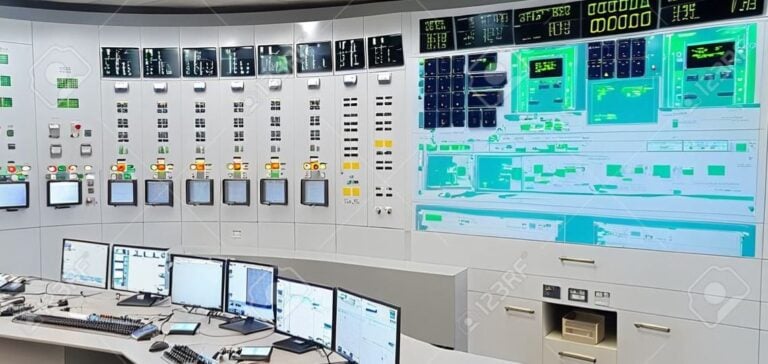The dissolution of the National Assembly plunges the energy sector into uncertainty. The ten-year roadmap for the development of renewable energies, which has been awaited for months, is at risk of further considerable delays. “We’re in a state of complete instability, at a time when we need legal certainty and visibility. And we’re going to pay a high price for it”, warns Jules Nyssen, President of the Syndicat des énergies renouvelables(SER). In his view, the government has been “procrastinating for months” on this crucial program. That’s part of the reason why climate issues are at the heart of this campaign.
The Ministry of Energy indicates that an online public consultation will be held “in July”. But Mr. Nyssen fears that this roadmap will not be adopted before the legislative elections on June 30. “Today, we’re reshuffling the deck, and the future government will be able to make its choices again”, he continues, deploring the fact that the outgoing executive “dragged the issue out”.
EDF and hydrogen contracts on hold
EDF’s contracts to sell nuclear power to large industrial customers, a crucial step for the future of the heavily indebted public utility, have also been suspended. A key regulatory milestone was scheduled for June under the aegis of the Minister of Industry.
At Uniden, the energy-intensive industry lobby, they “hope that this period of instability will not cause any problems” for the process. Only 4 contracts out of a total of several dozen have been signed to date.
The revised strategy to support the development of low-carbon hydrogen, which was supposed to provide a framework for investors, has also been postponed. “The industry has been waiting for a year,” laments Mika Blugeon-Mered, a specialist in hydrogen markets at Sciences Po. Green hydrogen is seen as a promising vector for decarbonizing heavy industries such as steelmaking.
Threats to the energy transition
Beyond these administrative obstacles, the very trajectory of France’s energy transition seems to be threatened by the far-right’s surge in the European elections. Marine Le Pen, who came out on top, had promoted a pro-nuclear program during the presidential election, but closed the door on renewable energies.
It called for around twenty new EPR reactors, including ten by 2031, a gamble deemed unrealistic even by the industry. At the same time, his party was advocating a moratorium on onshore wind power, or even a “gradual dismantling” of existing wind farms, a proposal that, according to RN MP Pierre Meurin, will “twist the eyes and the brain” during parliamentary debates in 2023.
Such a blunt rejection of renewable energies clashes with all energy transition scenarios. Whether they opt for nuclear power or not, experts stress the imperative need to develop wind and solar power if France is to meet its carbon neutrality commitments.
Appeal to economic reason
Faced with the risk of stalemate, voices are being raised to reaffirm the economic realities of the sector. “The laws of economics and energy will eventually catch up with politicians,” predicts the head of a renewable electricity supplier. “We’ll need more cheap energy. It takes 10-15 years to build nuclear power. What do we do in the meantime? And how can we attract battery factories if we refuse electric vehicles?” he asks on condition of anonymity.
As for Jules Nyssen, he wants to believe that the energy debate can take place during the campaign. “Our fellow citizens are concerned about climate change, energy sovereignty and reindustrialization. On all three of these issues, renewables have answers to offer”, he pleads. The challenge for the industry will be to remember this “to avoid a campaign based solely on fear”.






















